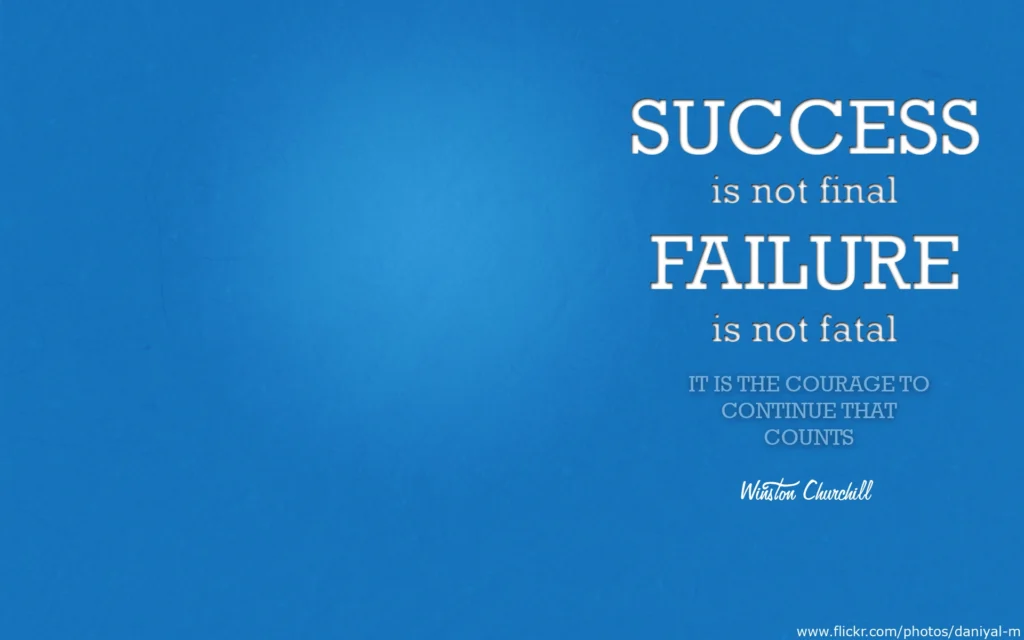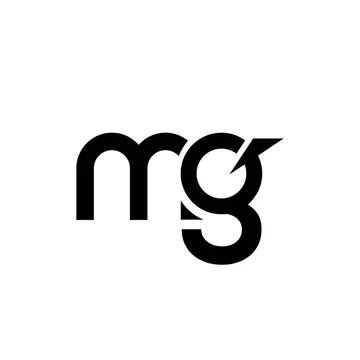Study Visa Interview Tips: How to Ace Your Visa Appointment

A study visa interview is one of the most important steps in your journey to studying abroad. Immigration officers conduct interviews to assess whether you meet the eligibility criteria, intend to study seriously, and plan to return home after completing your studies. Many students feel nervous about this step, but proper preparation can significantly increase your chances of success.
In this guide, we’ll provide expert tips on how to prepare, answer confidently, and impress the visa officer during your interview.
1. Understand the Purpose of the Visa Interview
Before jumping into preparation, it’s essential to understand why the interview is conducted. The visa officer wants to:
✅ Verify that you are a genuine student.
✅ Ensure you have the financial resources to study abroad.
✅ Confirm that you will return to your home country after completing your studies.
✅ Assess your knowledge about your course and university.
Keeping these points in mind will help you frame your answers accordingly.
2. Prepare for Common Study Visa Interview Questions
Visa officers ask a range of questions to test your sincerity. Below are some frequently asked questions and how to answer them confidently.
🎓 Questions About Your Study Plans
❓ Why do you want to study in this country?
💡 Answer: Highlight the quality of education, global recognition of degrees, and research opportunities.
❓ Why did you choose this university?
💡 Answer: Talk about the university’s ranking, faculty expertise, research facilities, and course structure.
💰 Questions About Finances
❓ How will you fund your education?
💡 Answer: Show proof of financial stability through bank statements, scholarships, or sponsorships.
❓ Who is sponsoring your education?
💡 Answer: If your parents, relatives, or a scholarship is covering your expenses, provide details and supporting documents.
🏡 Questions About Your Future Plans
❓ What are your plans after completing your studies?
💡 Answer: Emphasize how you will use your degree in your home country and avoid statements that indicate an intention to stay permanently.
❓ Do you plan to return to your home country?
💡 Answer: Say yes, and provide strong reasons such as family ties, job opportunities, or personal commitments.
3. Dress Professionally and Be Punctual
First impressions matter! Dress formally and arrive at least 30 minutes before your appointment. A well-groomed appearance shows professionalism and seriousness.
👔 For Men: Wear a formal shirt, trousers, and polished shoes. Avoid casual wear like jeans or sneakers.
👗 For Women: Wear a formal dress, suit, or a professional blouse with trousers. Keep accessories minimal.
4. Carry All Required Documents
Ensure you have a well-organized folder with all necessary documents. Missing even one important document can lead to rejection.
📂 Must-Have Documents for the Interview:
✅ Passport and visa application form
✅ University acceptance letter
✅ Proof of financial stability (bank statements, scholarship letters)
✅ Academic transcripts and certificates
✅ English proficiency test results (IELTS, TOEFL, PTE)
✅ Visa fee payment receipt
✅ Statement of Purpose (SOP)
Having everything ready shows preparedness and responsibility.
5. Be Honest and Confident in Your Answers
✅ Be honest: Never lie or provide false information—visa officers can verify your details.
✅ Be confident: Maintain eye contact, speak clearly, and avoid nervousness.
✅ Stay calm: If you don’t understand a question, politely ask the officer to repeat it.
💡 Example of a Confident Answer:
If asked, “Why do you want to study in the UK?”, a good response would be:
“I chose the UK because of its world-class education system, excellent research facilities, and globally recognized degrees. My selected course, Data Science at XYZ University, is ranked among the top programs in the country and aligns perfectly with my career goals.”
6. Avoid These Common Mistakes
🚫 Giving vague or memorized answers – Speak naturally instead of reciting pre-learned responses.
🚫 Showing poor body language – Avoid slouching, fidgeting, or avoiding eye contact.
🚫 Talking too much or too little – Keep answers concise and relevant.
🚫 Mentioning plans to work illegally – Never indicate that you intend to work beyond the allowed limits.
7. Follow Up After the Interview
After the interview, thank the visa officer politely. If additional documents are requested, submit them as soon as possible to avoid delays.
⏳ Visa processing times vary by country:
- Canada – 4 to 12 weeks
- USA – 2 to 6 weeks
- UK – 3 to 8 weeks
- Australia – 4 to 8 weeks
- Germany – 6 to 12 weeks
Conclusion
A study visa interview is your chance to prove that you are a genuine student and financially stable. Preparation, confidence, and honesty are key to passing the interview. Practice answering common questions, carry all required documents, and dress professionally to make a great impression.
By following these tips, you’ll increase your chances of visa approval and be one step closer to studying abroad!
Frequently Asked Questions (FAQs)
1. What is the most common reason for study visa rejection?
Insufficient financial proof, weak interview answers, and inability to prove ties to the home country.
2. How long does a study visa interview take?
Typically 10-20 minutes, depending on the country and visa officer’s questions.
3. Can I reapply if my visa is rejected?
Yes, but ensure you correct the mistakes from your previous application before reapplying.
4. What happens if I fail the visa interview?
If rejected, the visa officer will provide reasons. You can reapply with improved responses and additional documents.
5. Do all countries require a study visa interview?
No, countries like Canada and Germany may not require an interview for all applicants, while the US and UK do.


Leave a Reply